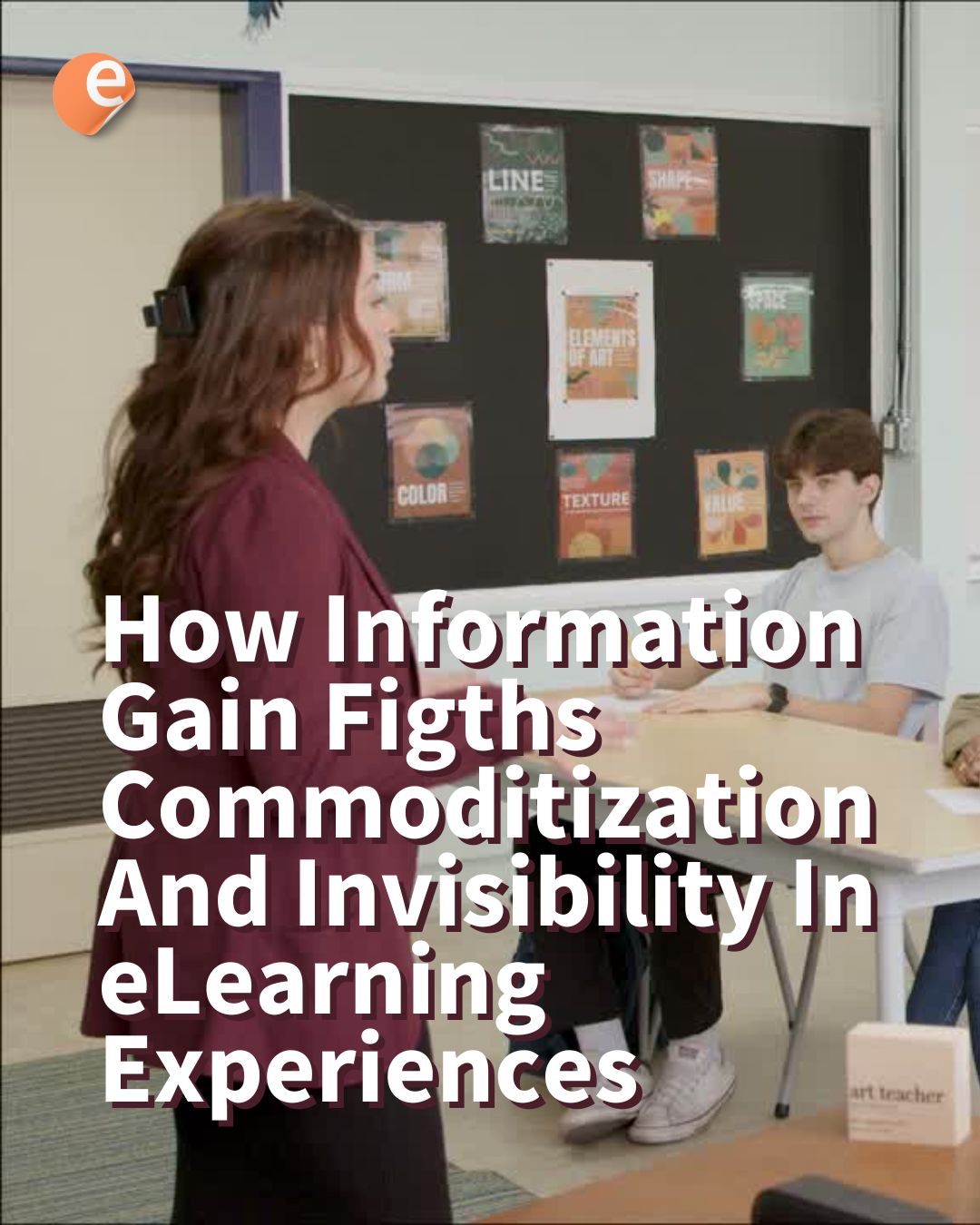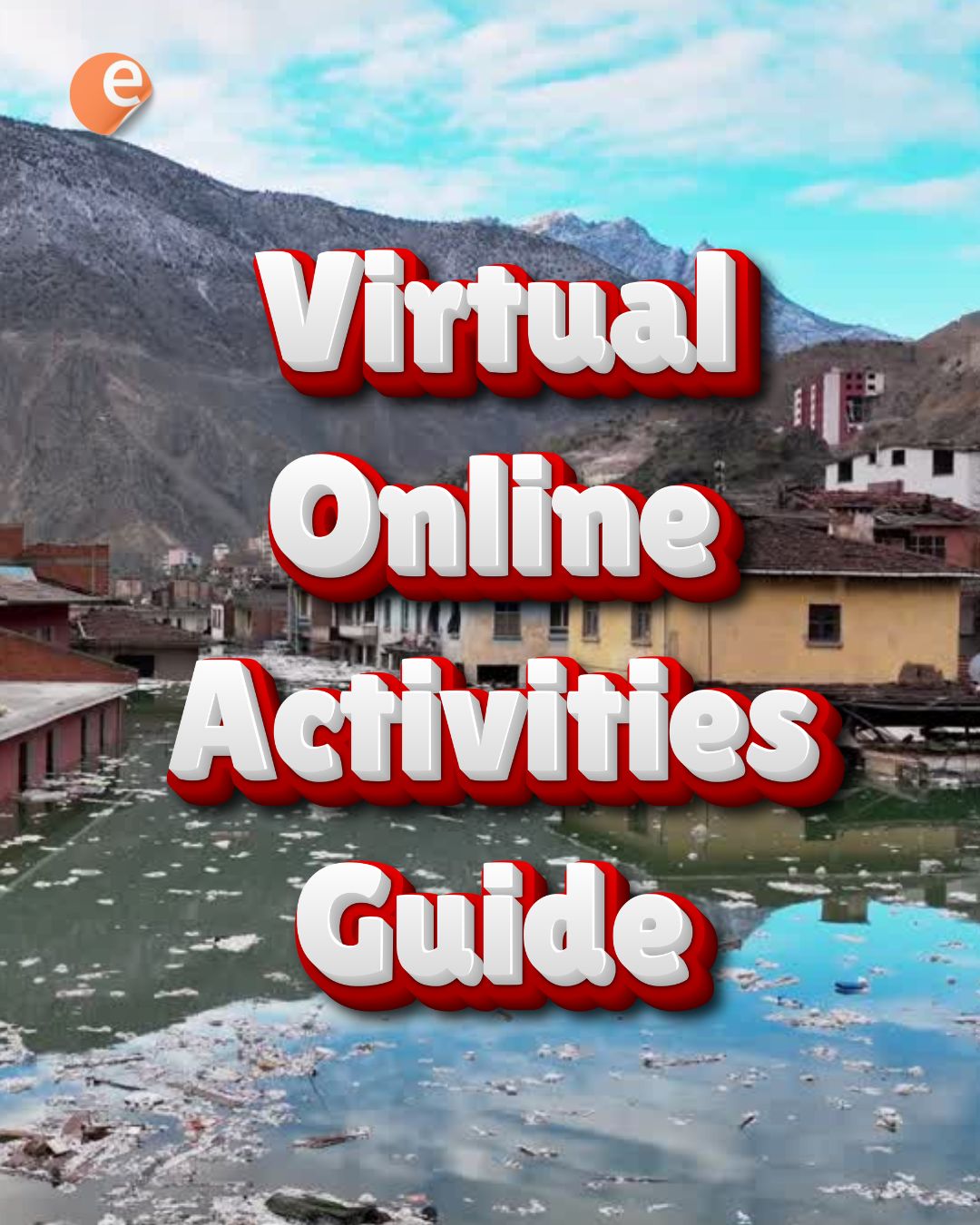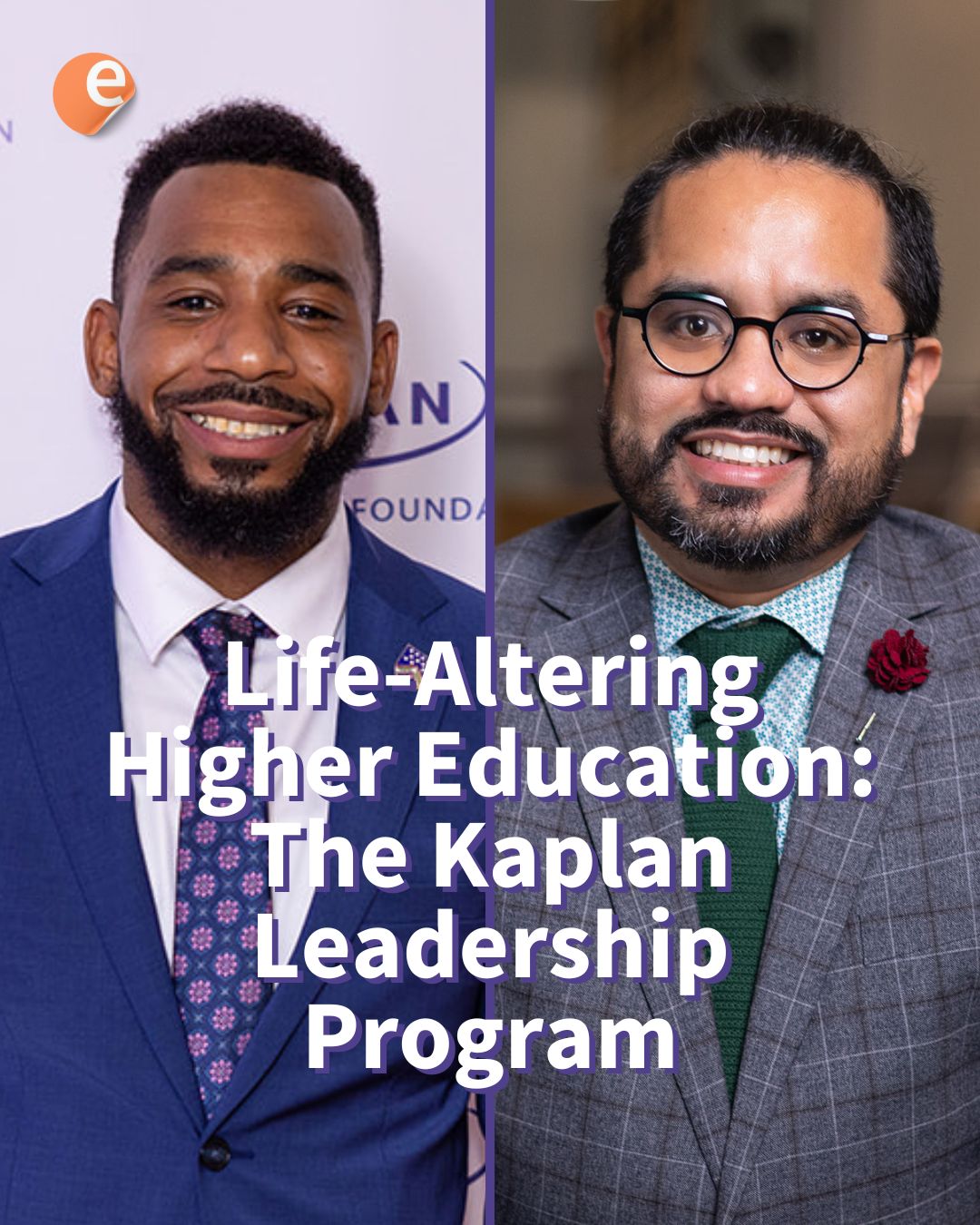This article explores three major trends the industry will experience in 2022. Our findings are based on an interview with Brad Koch, Head of Strategy (Higher Education) at Open LMS and seasoned industry leader.
Consider, for example, how offering students a choice in terms of how they learn (in-person, hybrid, or online) will help retain and engage them. We expect that course design will also play an important part in ensuring student engagement and success, as learners expect better quality eLearning courses that offer digital resources, are interactive and are easy to navigate. In 2022, micro-credentials or a mix between traditional degree-based and skills-based learning will become more evident, as learners combine learning experiences and certifications to become more competitive in the labor market.
1. Students Will Expect Convenience and Flexibility
While many institutions were ready for online learning to some degree, the rush towards eLearning exposed issues such as course quality, pedagogy, and equitable access. The latter is a challenge globally, in both developing and developed countries.
While exposing learners to a fully online learning environment might have been challenging at first, there’s a degree of convenience and flexibility that eLearning offers that a large percentage of students will now expect. Simply put, learners now expect choice between in-person, hybrid, and online. According to a report from educational research body Bay View Analytics, 73% of learners “somewhat” (27%) or “strongly” (46%) agreed they’d like to take some of their courses in a fully-online format in the future. Additionally, for face-to-face courses, 68% of learners said they’d like to see increased use of digital materials or resources.
Regardless of course modality, an increase in the availability of digital resources for all courses will now be expected by learners. Offering students access to eLearning options and/or digital components to classwork is a trend we’ll see throughout 2022.
2. You’ll Need Higher-Quality Online Courses
Course quality will be a theme higher education institutions must continue to address throughout 2022. Learners now expect a higher standard of online course design as part of any teaching and learning experience. While some institutions have on-the-ground learning designers assisting in the effective development of online courses, many others have been playing catch up.
Financial resources are a big factor in whether an institution can hire instructional designers. Some institutions have been able to succeed by hiring a strong instructional design team to quickly put together great content for students. Others have had to rely on faculty and just hope they get it ‘right’. But the reality is that educational content has to be properly adapted to eLearning. Otherwise, student engagement and results suffer greatly, as faculty struggle to transfer the in-person learning experience to online successfully.
Moving forward, higher education institutions should be asking themselves the following questions:
- Are faculty properly supported to deliver online learning?
- Are they properly trained?
- Is the necessary technology available to deliver quality online courses at scale?
Now is a good time to start calibrating the online learning experience to meet learner expectations. If institutions have not been doing effective online instructional design, they’ll quickly discover a higher cost associated with meeting that need. Additionally, institutional branding is now defined just as much by the quality of the online teaching and learning components as by the quality of physical classrooms or campuses.
3. Overlap Between Traditional Degree-Based Learning and Skills-Based Learning
2022 will also see a trend towards mixing traditional degree-based learning and skills-based learning. There will always be learners that seek to pursue the traditional degree-learning programs. However, other cohorts of students will look to complete skills-based learning that allows them to enter the workforce quickly or enable career progression opportunities in a cost-effective and short time period.
As a result of this, higher education institutions will likely start investing a greater proportion of their budgets into delivering skills-based learning and career development programs that reach a larger cohort of students.
Skills-based learning will have the following characteristics:
- Learner-led
- More flexible
- Competency-based
- Skills or degrees earned will be from multiple sources
- The delivery mode will matter less
- Courses will typically be more specialized
- Continuing education will fill gaps with career progression
The coming educational landscape will be based on distributed, accountability-based learning, where learners earn proof of competency in different areas. While the outcome of that education may not be a full diploma, a mix of digital badges, a collection of certifications, or micro-credentials will allow students to go from ‘learners to earners’. They’ll be supported by a ‘lifelong learning journey’ mentality that companies are beginning to adopt and credit more.
Additionally, microlearning will offer further opportunities for innovation. These smaller credentials will provide specific skill sets needed for professional development, upskilling and reskilling. How will institutions figure out credit transfer or requirements? How will skills-based learning be ‘rated’? Will certificates on the same topics but from different institutions be worth the same? We’re heading into an interesting future in terms of credential evaluation, management, and distribution. The exact nature of those changes will only be clear as 2022 progresses.







